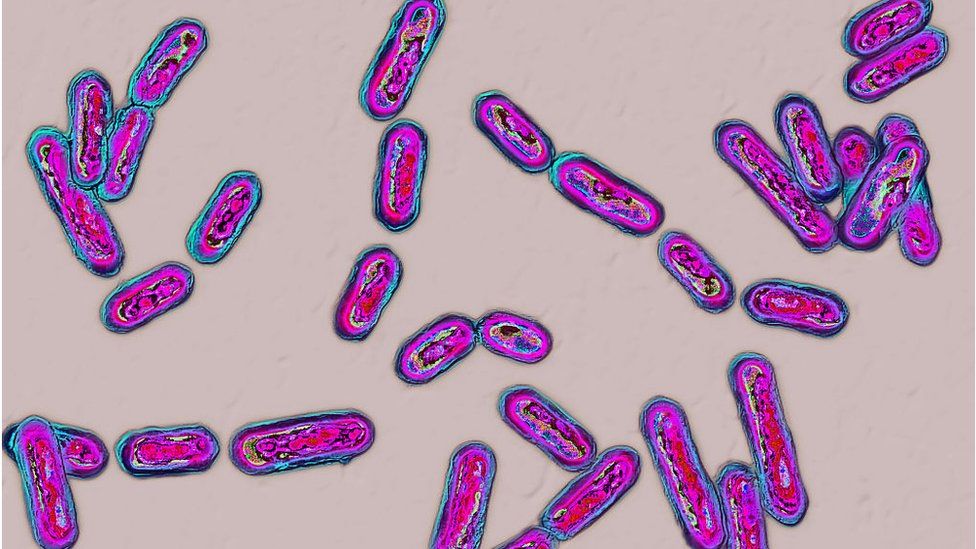ARTICLE AD BOX
 Image source, Getty Images
Image source, Getty Images
Clostridium difficile bacteria under a microscope
People with recurrent illness caused by hard-to-treat bacterium Clostridium difficile can be offered faecal transplants, the National Institute for Health and Care Excellence has said.
C. diff can cause infection if the balance of bowel bacteria changes - after taking antibiotics, for example.
The transplants transfer beneficial gut bacteria from a healthy donor's faeces.
Clinical trials show they are more effective than antibiotics, to which this "superbug" can become resistant.
The easily transmitted infection is common among older people.
Common symptoms of a C. diff infection:
- diarrhoea
- high temperature
- appetite loss
- nausea
- stomach ache
NICE estimates 450-500 people each year in England could receive the transplants, saving thousands of pounds by reducing prescribed antibiotics.
The donor bacteria can be given to patients through a tube inserted into the stomach, via the nose or as a pill, which would go straight to the colon.
Donors will be screened for risk.
NICE medical technology director Mark Chapman said: "Use of this treatment will also help reduce the reliance on antibiotics and in turn reduce the chances of antimicrobial resistance, which supports NICE's guidance on good antimicrobial stewardship."

 2 years ago
38
2 years ago
38








 English (US) ·
English (US) ·